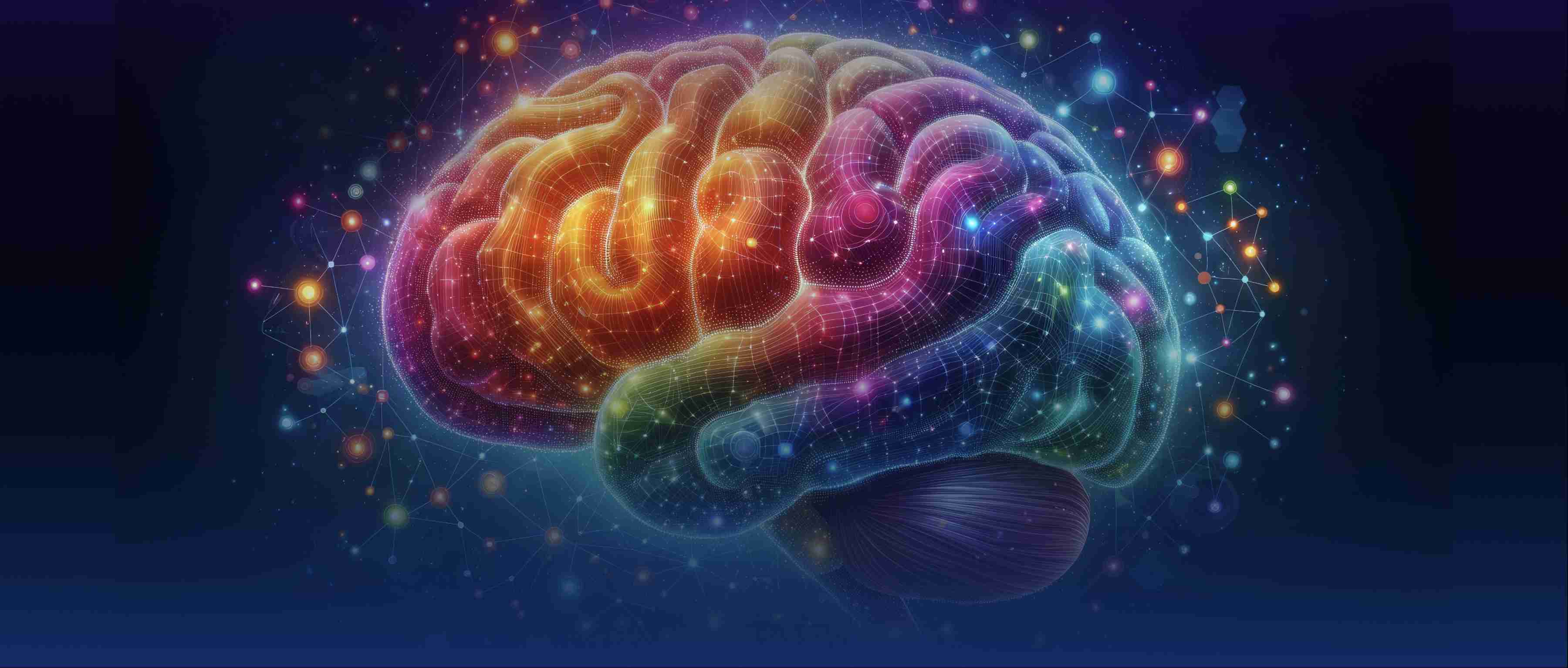Meta-learning, often referred to as "learning to learn," involves developing models that can adapt their learning strategies based on prior experiences or tasks. In the context of reinforcement learning (RL), meta-learning focuses on enabling an agent to improve its performance on new tasks by leveraging knowledge acquired from previous tasks. This approach is especially useful in scenarios where training data is limited or when tasks vary significantly, allowing the agent to adapt quickly and efficiently.
In RL, meta-learning typically operates through two primary phases: the meta-training phase and the meta-testing phase. During meta-training, the agent is exposed to a variety of tasks, which allows it to learn common strategies that work well across these different scenarios. For example, consider an RL agent trained to play multiple video games. By experiencing various game dynamics and reward structures, the agent can identify effective policies that might also apply when faced with new games in the meta-testing phase. This phase involves testing the agent's ability to solve new tasks by adjusting its learned strategies, often using a small amount of data, thereby showcasing its adaptability.
Several techniques are commonly used in meta-learning within RL. One popular method is Model-Agnostic Meta-Learning (MAML), which optimizes the model's parameters in such a way that only a few gradient updates are needed to adapt to a new task quickly. Another approach involves using memory-augmented neural networks that retain information from previous tasks, enabling the agent to use past experiences to inform its decision-making process in unfamiliar environments. By applying these methods, developers can create RL agents that not only perform well on individual tasks but can also generalize and excel at new tasks, making them particularly valuable in dynamic or unpredictable settings.
